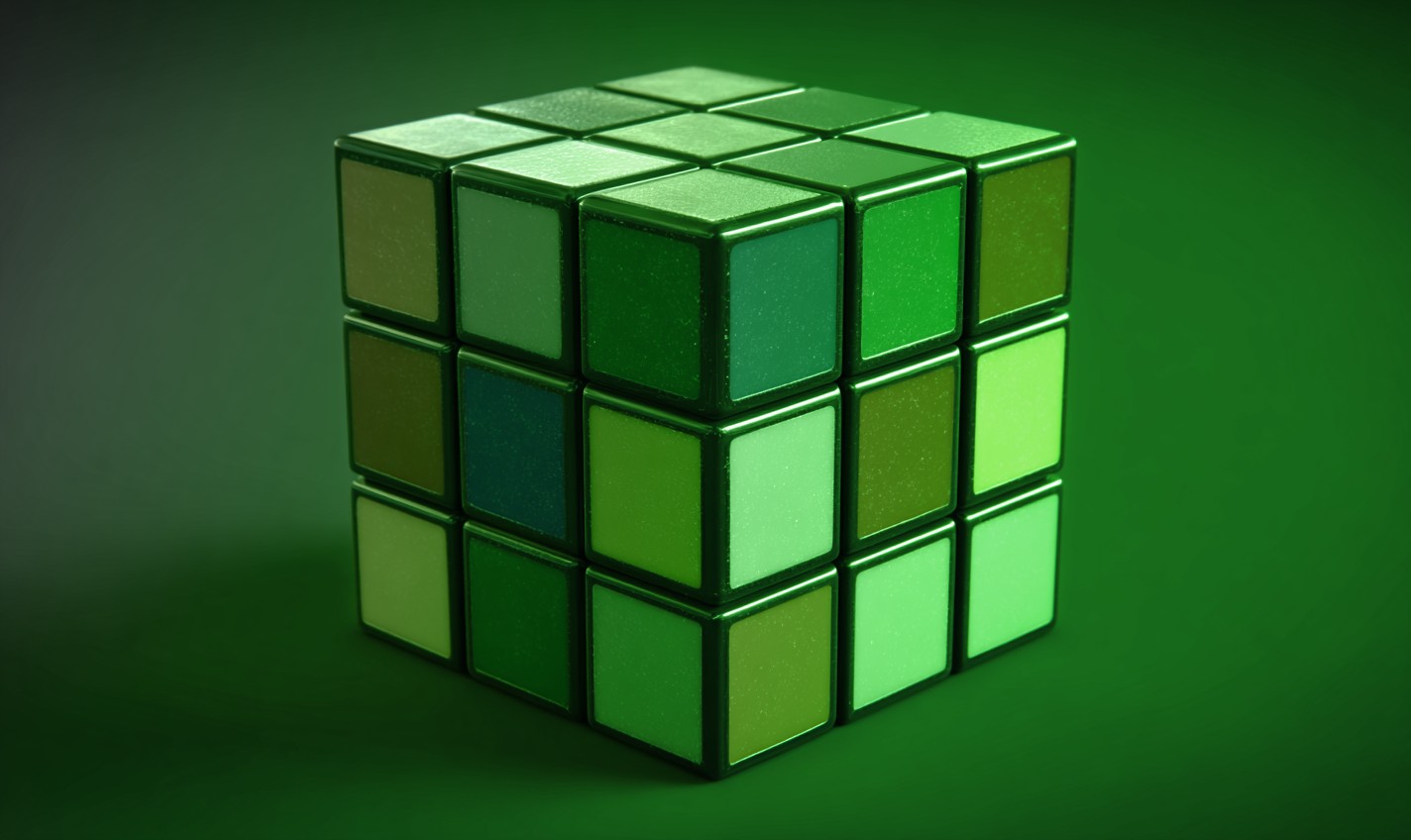Elon Musk — former CEO of Tesla and current CEO of The Boring Company and SpaceX, among others — is frequently in the news for being an entrepreneur who is making huge technological strides.
He may not seem like the kind of person that one would assume is prone to outlandish theories or conspiracies, but according to a podcast interview from 2018, he believes that the human race is living inside a simulation.
So, what is Elon Musk’s simulation theory? Is it totally off the wall, or are there experts that agree with him?
“The Matrix” and Simulation Hypothesis
The 1999 movie “The Matrix” introduced the general population to the idea that reality might be a virtual construct, with each person in the world living inside a simulation.
While this is the first time a simulation theory like this hit the big screen, the idea is much older than that. Long before the first computer went online, philosopher Rene Descartes theorized that our entire world might be part of an elaborate simulation.
Nick Bostrom expanded on Descartes’ theory in the early 1990s and explained that one of four criteria was probably true:
- Humans are unlikely to reach the level of technological advancement necessary to create simulated realities.
- Civilizations other than humans have reached that level and are using technology to trap or enslave other species (similar to the plot of The Matrix.)
- Any humans or other lifeforms in our reality are in a simulation OR
- Humanity is living in a reality where post-humans haven’t evolved yet, so we are living in reality.
Is the simulation theory utter rubbish or is there a chance that the human race could be living inside a simulation?
Musk’s Simulation Theory

According to Musk, there’s a billion in one chance that the human race is currently living in base reality. He believes that we’re living in a simulation because of how quickly technology has progressed over the past four decades. During an interview in 2016, he explained his stance:
“40 years ago, we had Pong, two rectangles and a dot…That’s what games were. Now, 40 years later, we have photorealistic 3D simulations with millions of people playing simultaneously and it’s getting better every year. And soon, we’ll have virtual reality, augmented reality. If you assume any rate of improvement at all, the games will become indistinguishable from reality.”
Musk isn’t the only person who believes in the simulation theory. Physicist Neil deGrasse Tyson believes that there’s a 50-50 chance that humanity is living in a simulation.
Rich Terrille, a scientist at NASA’s Jet Propulsion Lab echos Musk’s sentiment: “If one progresses at the current rate of technology a few decades into the future, very quickly we will be a society where artificial entities living in simulations are much more abundant than human beings.”
Simulation and the Fermi Paradox
Simulation theory could explain why the human race hasn’t made contact with any sort of alien life in all of the time it’s been looking up at the sky.
An Italian physicist named Enrico Fermi proposed the paradox in 1950, and breaks it down into four arguments:
1. Aliens never came to Earth because space travel is impractical or impossible.
2. Aliens just chose never to come to Earth.
3. Alien life isn’t advanced enough to travel through space.
4. Aliens have already come to earth, but we haven’t seen them.
There is a fifth and ultimately controversial argument in the Fermi paradox — that alien life just doesn’t exist. With the sheer number of potentially habitable planets in the universe, many feel that such an argument isn’t just impractical, but also arrogant.
The theory that humanity is living inside a simulation created by a more advanced form of intelligence could explain why the human race hasn’t been able to find alien life in the galaxy.
Closing Thoughts
It may not yet be possible to tell whether humanity is living inside a simulation or not, but that won’t stop scientists and entrepreneurs from discussing the theories more.
Ultimately, making contact with another lifeform would be an incredibly significant advancement regardless of the question of whether or not we’re living in a simulation.
Some have also debated whether or not answering that question really matters.
Would discovering that we live in a simulation change the way we look at the world, or would we continue to live, love, work and play as we always have?
Featured image via Daniel Oberhaus
Recent Stories
Follow Us On
Get the latest tech stories and news in seconds!
Sign up for our newsletter below to receive updates about technology trends




